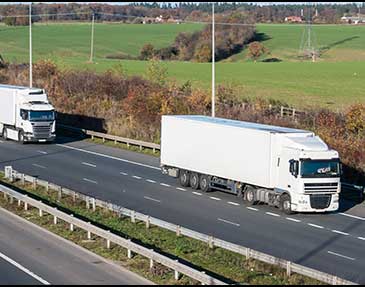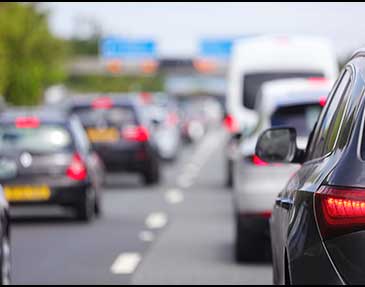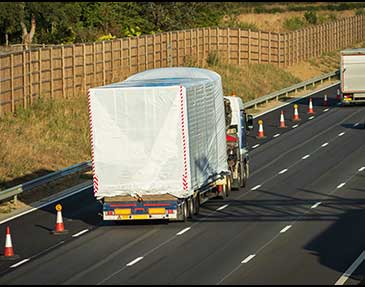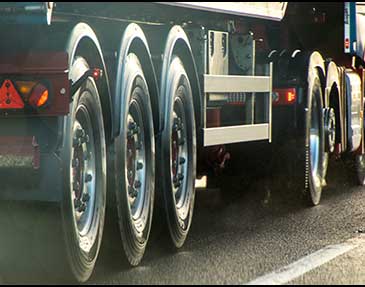Storage Solutions
We don’t often mention it but we have a storage facility in Manningtree, with 20ft self-storage containers available for short or long-term hire for domestic and commercial use.
We offer 24/7 access to our secure, floodlit site.
Our site has easy, drive-up access to all units and locks are provided for a small deposit.
In addition, being a haulage company we can offer transport of units to your own site.
In other news, the RHA has repeated its call for or more safe and secure parking for drivers. There’s a real need for priority investment in roadside facilities, particularly in areas of high parking demand and high freight crime rates.
W we need to see 11,000 more safe parking spaces and better facilities across the country and our work on this continues.
For decarbonisation targets to be met, we need to see long-term investment in EV charging infrastructure for HGVs and coaches and lowering the expense of vehicles must be part of the plan. Costs are still holding many firms back from moving away from diesel. In our recent submission ahead of the Government spending review, we called for more clarity on final phase-out dates for HGVs and Coaches.










